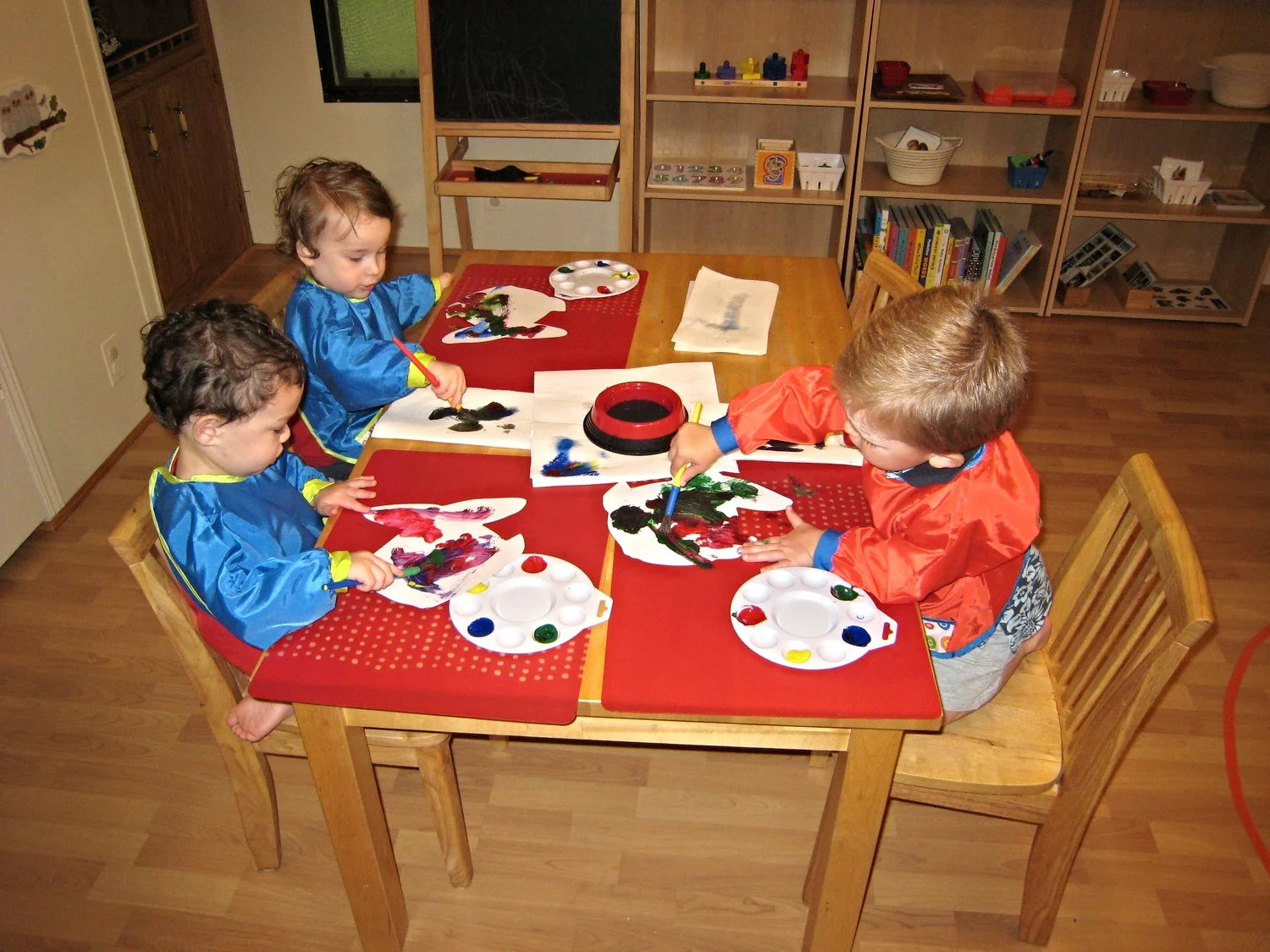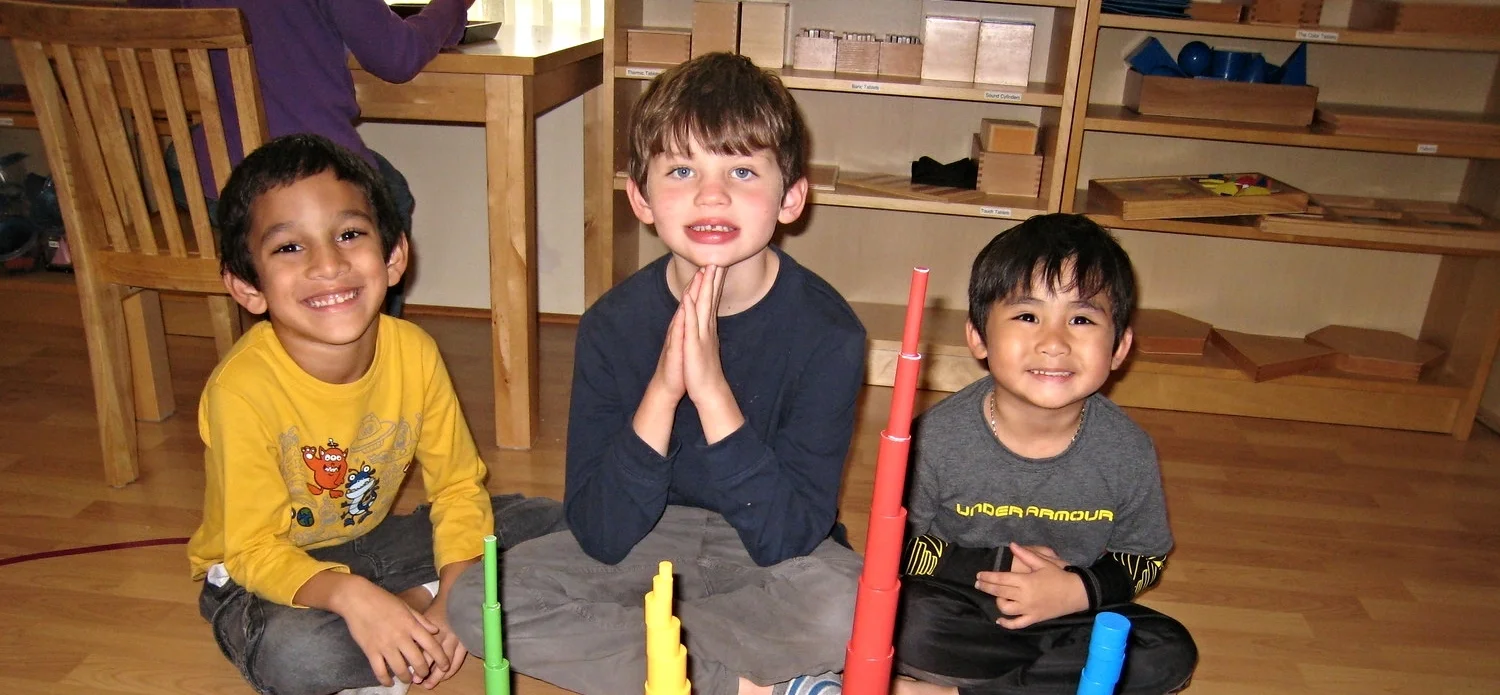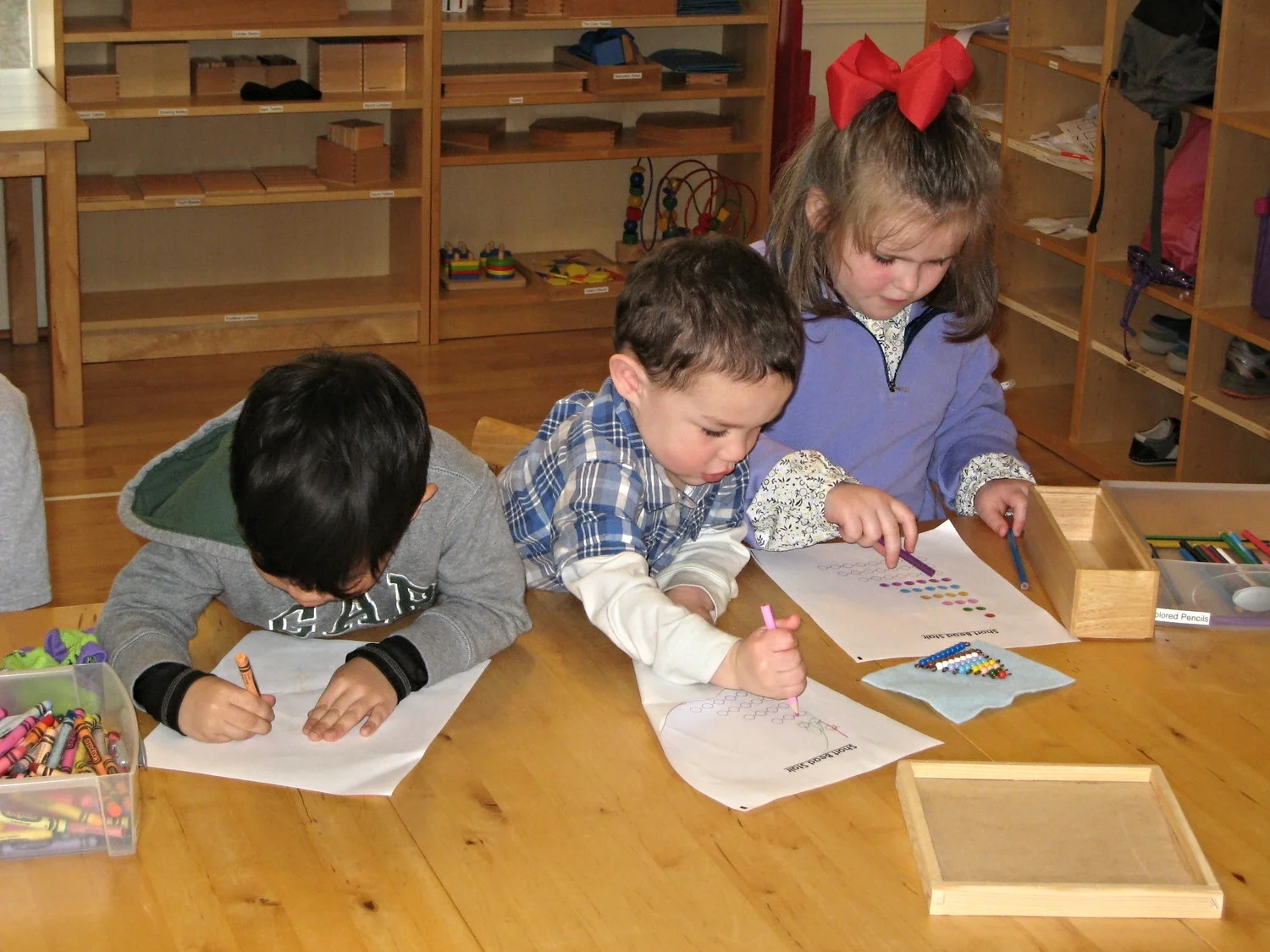The value of Montessori
What did Alexander Graham Bell, Thomas Edison, and Helen Keller have in common? They were strong supporters of Montessori education in the United States. Alexander Graham Bell and his wife Mabel founded the Montessori Educational Association at their Washington, D.C., home. These exceptional people, along with countless others, recognized value in the Montessori Method.
Montessori is an educational method based on the works of Maria Montessori. Maria was one of the first female physicians in Italy in the early twentieth century. Her clinical observations of how children learn combined with her desire to help children led her to give up a university chair and her medical practice to teach children.
Dr. Montessori analyzed how children learn and the effects of the environment in which they learn. She found children are motivated by a natural curiosity and teachers should prepare an environment to cultivate a student's natural desire to learn.
In contrast to the strict schedule and discipline in traditional schools where too often "[t]he result is children who are disorderly because order had been imposed upon them, lazy because they had previously been forced to work, and disobedient because their obedience had been enforced (Maria Montessori)", the Montessori Method encourages students to explore their natural curiosities and as a result become actively engaged in learning.
“As soon as children find something that interests them they lose their instability and learn to concentrate.”
More thought-provoking insights
“When education speaks to the soul, issues of focus disappear. When the heart directs education, passion steps forward to foster growth, productivity and fill our being with inner peace”
“Our current [education] system is still geared toward supplying the workforce of the Industrial Revolution. Its intent is... masses who are trained to serve them by following orders. Their function is to perform rote, mechanical and uncreative tasks.”
“Mass education taught a basic curriculum of reading, writing, arithmetic and a few other subjects. It was not interested in cultivating souls, but in providing just enough basic literacy skills to enable people to read instructions... But, to the industrialists funding and running public education, there was an even more important curriculum. It was covert. It taught punctuality, obedience and rote, repetitive work. It taught what was needed to place an obedient workforce into their factories. And today’s curriculum has not changed.”
“We need a system that fits the needs of today, the Information Age, an age that requires creative and innovative thinkers.”
“What we want to achieve is the child in pursuit of knowledge, not knowledge in pursuit of the child.”
“Inner development is the education of soul qualities, spiritual qualities, ego strength, differentiation, will, thinking, feeling, and breathing. The body itself opens from the inside.”
“Factory labor demanded workers who showed up on time... It demanded workers who would take orders from a management hierarchy without questioning. And it demanded men and women prepared to slave away at machines or in offices, performing brutally repitious operations... Thus from the mid-nineteenth century on... schools machined generation after generation of young people into a pliable, regimented work force.”
“As a result, our children are not really educated. To educate means to ‘educe’ or draw out what is already within. This system is not interested in helping our children find out who they are or what they like to do. This system is interested in controlling them while they are young, so they will grow into adults who can be controlled.”
“Children are searching for the real meaning of life. We believe in their possibilities to grow. That is why we do not hurry to give them answers; instead we invite them to think about where the answers might lie. The challenge is to listen.”



